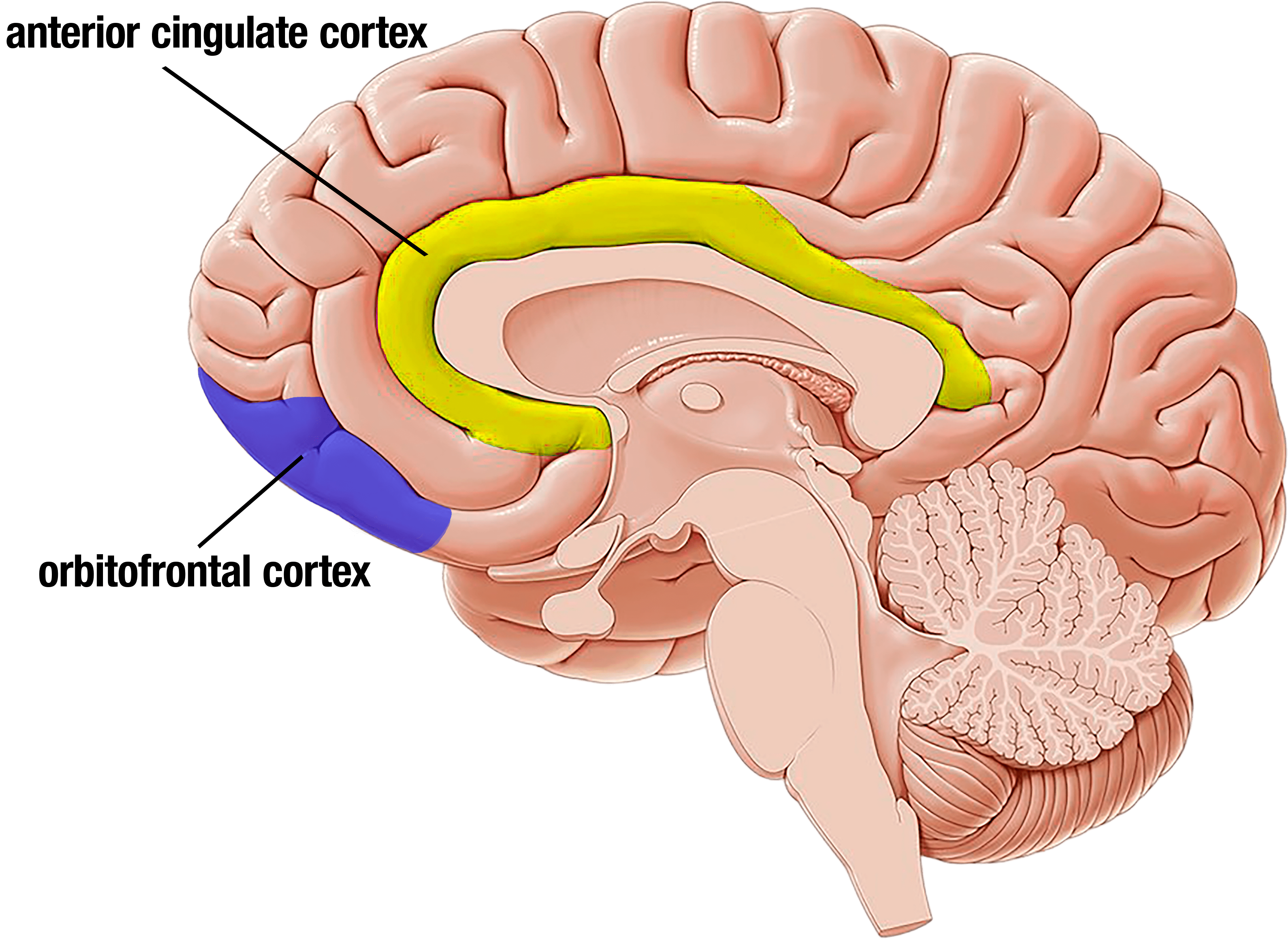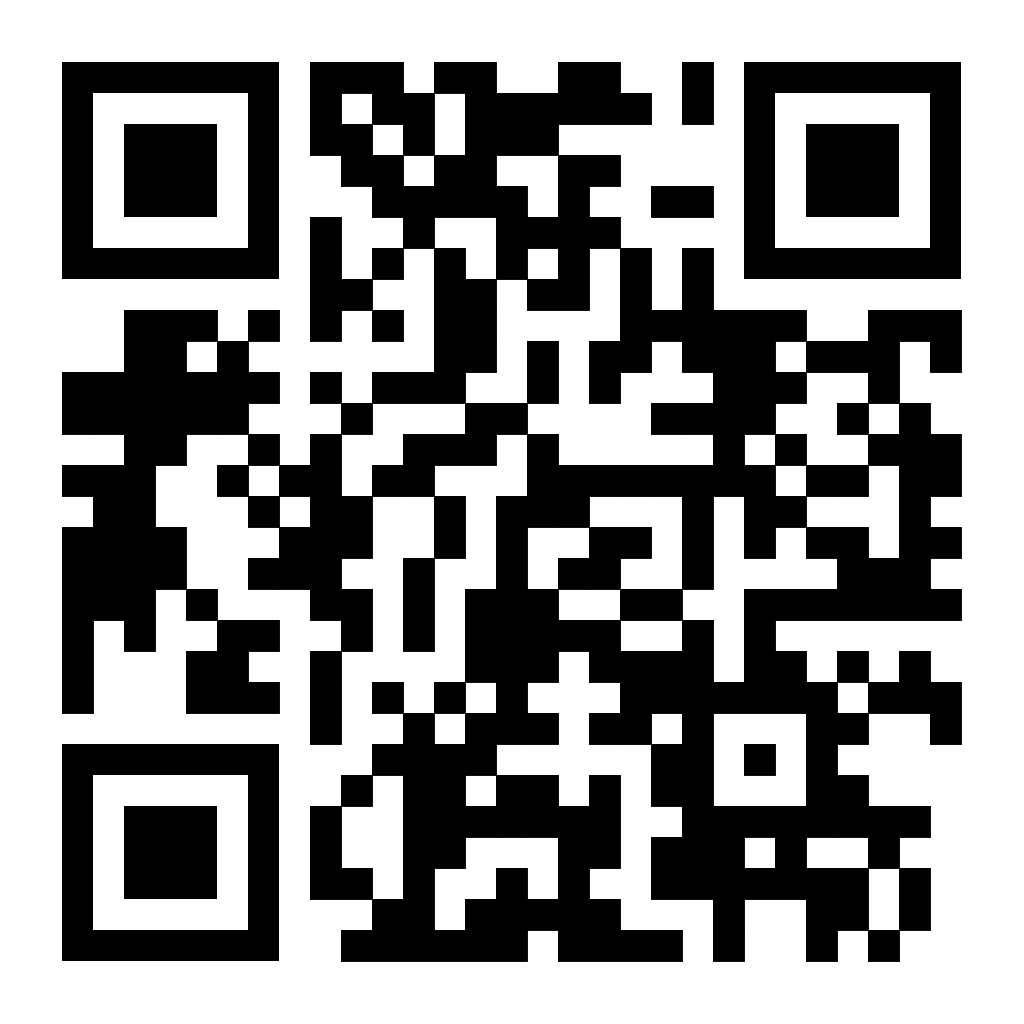Look Inside FTD
People with Frontotemporal Dementia (FTD)—particularly in its behavioral variant (bvFTD)—can often become overwhelmed in busy and noisy environments.
People with Frontotemporal Dementia (FTD)—particularly in its behavioral variant (bvFTD)—can often become overwhelmed in busy and noisy environments.
FTD affects the brain areas (orbitofrontal cortex and anterior cingulate regions) involved in filtering irrelevant stimuli and maintaining attention, making patients more prone to sensory overload.

Behavioral symptoms common in FTD—such as disinhibition, compulsive actions, apathy, impulsivity, or wandering—are often triggered or worsened by environmental chaos, unpredictability, or too many choices.
Consider this: Routine and simpler environments can increase a sense of purpose, reduce “decision overload” and improve quality time. Look around the home: what we see as momentos & decor, they may now see as clutter and overstimulation.
…And their reality is changing. Humans are logically driven, but this is learned behavior. Emotions we are born with.
Consider this: Meet them in their emotions. Repeat concerns and match their tone. Playing nostalgic music or creating art together can help create a calming environment and reduce overstimulation.
Whether you are caring for a parent, spouse or friend - watching someone change before your eyes is overwhelming.
Want to help? Consider this: Be specific. Instead of saying “Is there anything I can do?” Say, How about I drop dinner off on Friday; come over and go for a walk? Call you tonight and check in.

